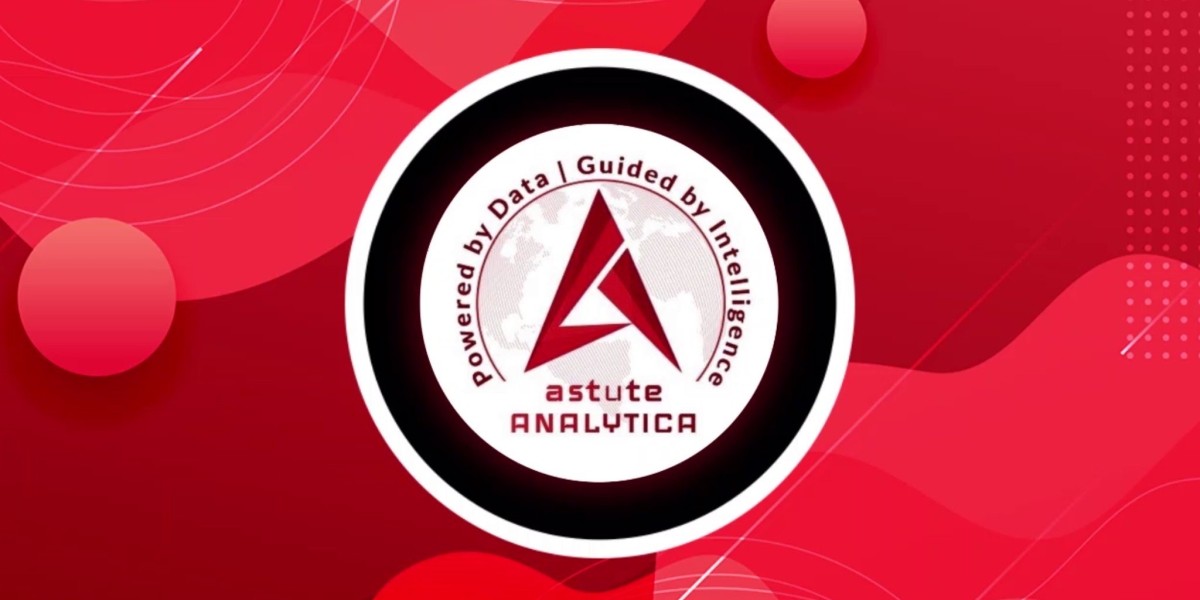Waiting until pests become a major problem often leads to expensive treatments and property damage. Preventive pest management is a proactive approach that helps you avoid these costly consequences by keeping infestations under control before they start. Investing in regular inspections and early treatment pays off in the long run. From saving on repair costs to maintaining home value, prevention is not just practical—it’s financially smart.
1. Avoid Costly Structural Repairs
Pests like termites and rodents can cause severe damage to the structure of your home—often without you realising it until the damage is extensive. Termites feed on wood and can hollow out beams and walls, compromising your home’s safety. Rodents chew through insulation, drywall, and even electrical wires, which could lead to short circuits or fire hazards. Preventive pest management involves routine inspections and early interventions, which help detect these pests before they cause irreversible damage, saving you potentially thousands in major renovations.
2. Reduce Health-Related Expenses
Pests don’t just damage homes—they can also impact your family’s health. Cockroaches and rodents can carry bacteria such as Salmonella and E. coli, while their droppings and shed skin can trigger asthma or allergic reactions. Mosquitoes and ticks are known to transmit diseases like Lyme disease, West Nile virus, and more. Treating illnesses caused by pests can result in high medical bills and lost time at work or school. Preventive treatments lower the risk of infestations and reduce exposure to harmful allergens and pathogens, keeping your family healthier and your medical costs lower.
3. Prevent Infestation Recurrence
Eliminating a current infestation does not guarantee that pests won’t return. Many pests reproduce quickly and thrive in hidden areas that are hard to detect. A single overlooked nest or entry point can lead to a re-infestation within weeks. Preventive pest control includes regular monitoring, maintenance treatments, and sealing of entry points to break the cycle. This not only maintains a pest-free home but also avoids the added costs of hiring pest control services again and again for the same issue.
4. Protect Your Belongings
Pests can damage far more than your home’s structure. Rodents chew through stored boxes, upholstery, and insulation, while silverfish and moths destroy books, fabrics, and paper goods. Bed bugs can infest mattresses and furniture, rendering them unusable. Even food contamination from ants or cockroaches can result in spoiled groceries. Preventive pest control guards your belongings against such destruction, reducing the need to repair, replace, or dispose of affected items—ultimately preserving the value of your possessions.
5. Preserve Property Value
If you ever plan to rent, sell, or refinance your home, a history of pest issues can work against you. Homebuyers are less likely to invest in a property with signs of infestation or pest damage. During a pre-sale inspection, evidence of pest problems can lead to price negotiations, reduced offers, or worse—buyers walking away. Preventive pest management keeps your home well-maintained and free of visible damage, ensuring that its market value stays intact and even increases in some cases.
6. Enjoy Predictable, Manageable Costs
Emergency pest control services and the repairs that follow can be unpredictable and costly. On the other hand, preventive pest management typically follows a monthly or quarterly plan with consistent, affordable pricing. These plans often include inspections, routine treatments, and tailored advice for pest-proofing your property. By planning ahead with a reliable provider, you avoid financial surprises and stay in control of your home maintenance budget—saving money in both the short and long term.
Taking a proactive approach to pest control not only protects your home and health but also leads to substantial financial savings. Pest Control Louisville offers reliable, affordable preventive pest management solutions designed to give you long-term peace of mind. Avoid surprise costs and ongoing infestations—choose smart prevention over expensive reaction.









